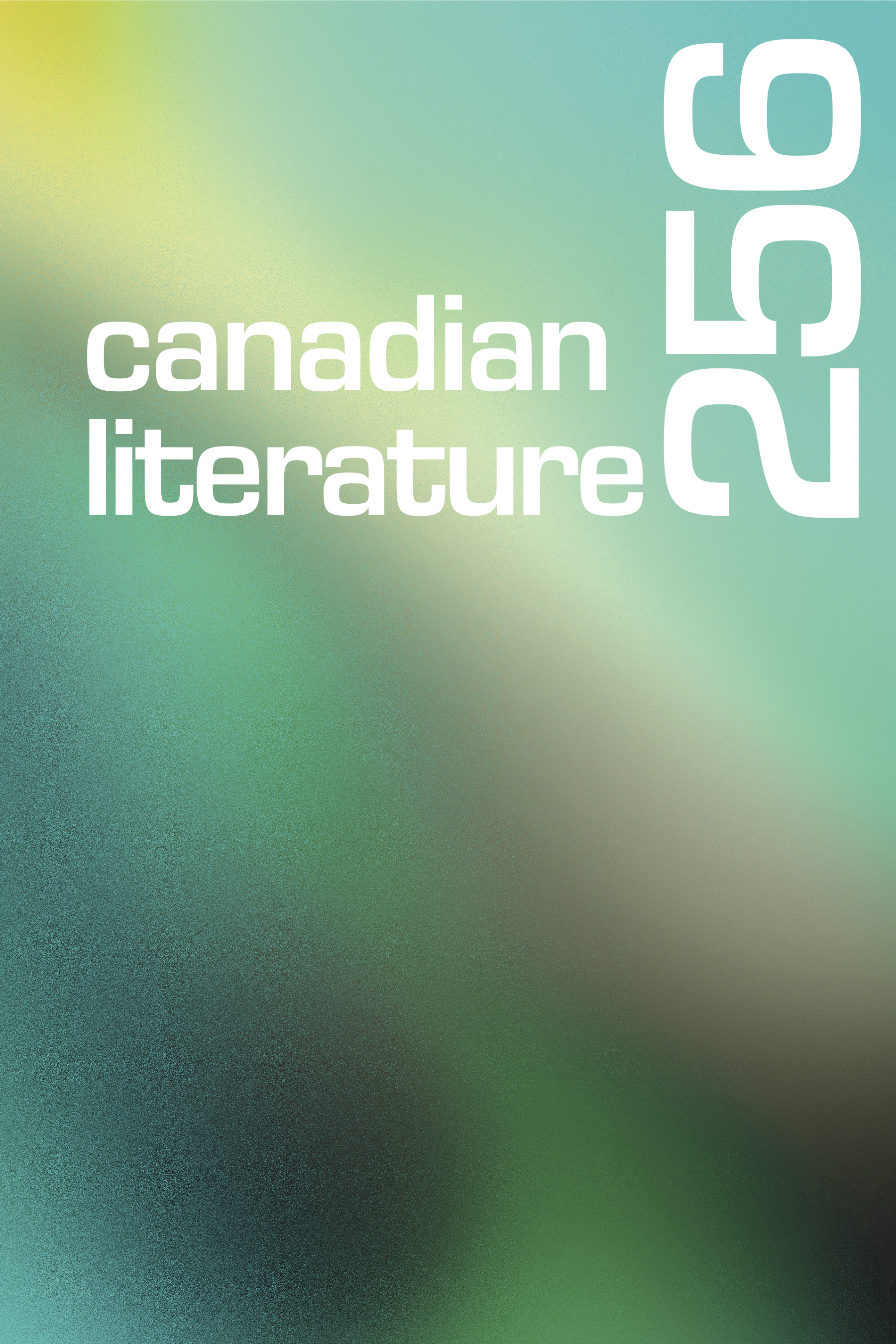“Bloody Sore”
Eugenic Rhetoric and the Production of the Universal Worker in Irene Baird’s Waste Heritage
Abstract
This article examines the significance of eugenic rhetoric in Irene Baird’s 1939 novel Waste Heritage. I argue that Baird uses rhetorical strategies consonant with eugenic movements popular at the time, rendering the labour unrest in 1930s British Columbia as a sickness in need of a cure. My analysis reveals the prevalence of a rank and sort metric for assessing bodily fitness in the novel’s depiction of its main characters, inducing readers to understand the labour strife the novel depicts through a eugenic framework. I show how this framework permeates the novel and positions the strikers as incapable of enacting meaningful political change. Drawing from the work of disability theorists and the history of eugenics in Canada, I explore how concepts such as the “universal worker” and the “bodily norm” provide useful tools for understanding the novel’s depiction of race, ability and unemployment.


